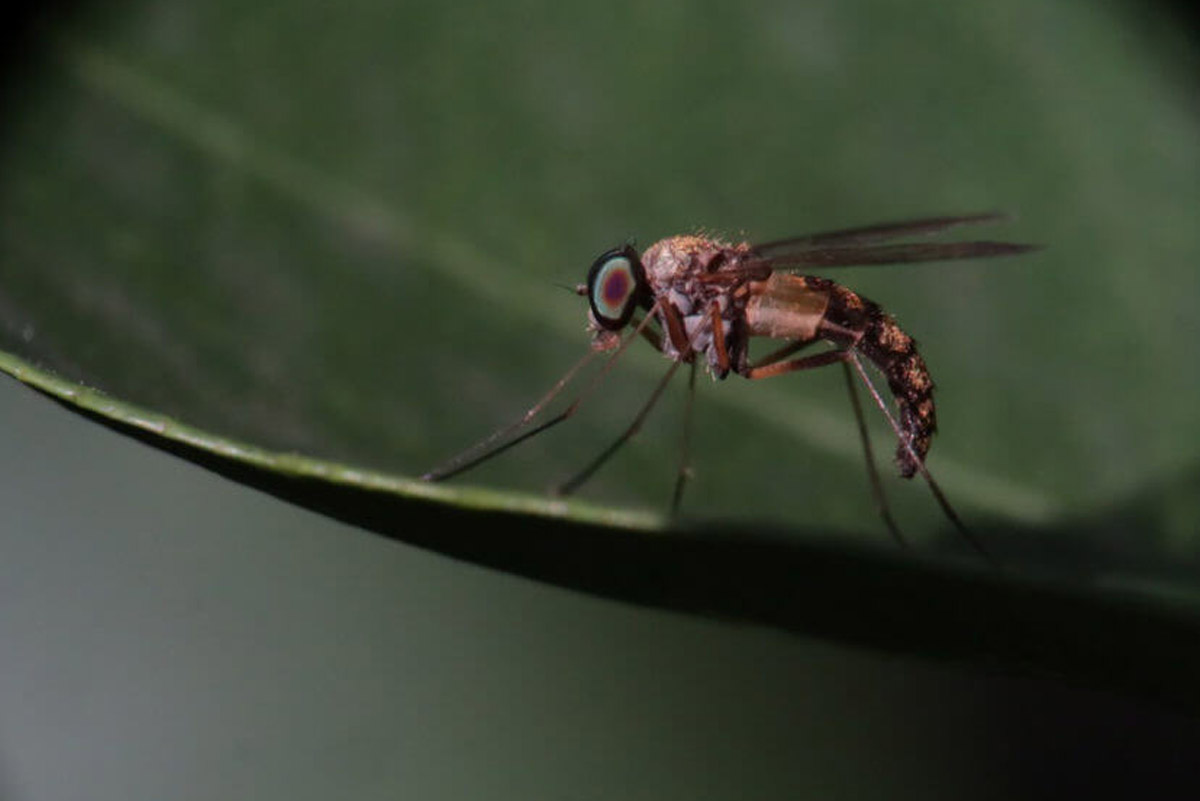Mosquitoes can be a nuisance, especially during warm weather. While mosquito bites are common, when they occur on your eyelid, they can cause significant discomfort and irritation. Here’s how to deal with a mosquito bite on your eyelid, including when to seek professional care.
Why Do Mosquitoes Bite?
Contrary to what many believe, mosquitoes don’t “bite”; they pierce the skin to access blood vessels for the protein they need to lay eggs. Male mosquitoes do not consume blood. While most mosquitoes are harmless, some can carry diseases like malaria, though this is more common in certain parts of the world.
What Does a Mosquito Bite on the Eyelid Look Like?
A mosquito bite on the eyelid typically results in redness, swelling, and inflammation. The skin around the eye is particularly delicate, so the swelling may be noticeable and even interfere with your ability to open your eye fully, especially when you’re lying down. While the itching may feel intense, the swelling should go down in a few days, but avoid rubbing the area, as it could worsen the irritation.
Are Mosquito Bites on the Eyelid Dangerous?
In most cases, mosquito bites on the eyelid are not dangerous. However, they can cause substantial discomfort and swelling. Children are more likely to experience severe swelling due to a stronger immune response, but the inflammation usually subsides within a few days.
Signs of an Infected Mosquito Bite
While rare, mosquito bites can sometimes become infected, leading to more severe symptoms. Watch for the following signs of infection:
- Deep red color on the eyelid
- The eyelid feels hot and is hard to the touch
- Discharge from the eye
- Intense pain
- Swelling that persists for more than 2-3 days
If you experience any of these symptoms or notice your vision being affected, contact Eyes on Group for an eye exam and appropriate treatment.
Home Remedies to Reduce Eyelid Discomfort and Swelling
If you’re dealing with a mosquito bite on the eyelid and there’s no infection, here are some remedies to ease the discomfort:
1. Cold Compresses
Apply a cold, wet compress to your eyelid for 20 minutes, 2-3 times per day. This will help reduce swelling and numb the itchiness. Ensure the compress isn’t too cold, as it could damage the delicate skin around your eye.
2. Allergy Medicine
Antihistamines (in liquid or tablet form) can help reduce itching and inflammation. Be sure to follow the directions for proper dosage.
3. Eye Drops
Vasoconstrictor eye drops can help reduce the swelling of blood vessels in the eyes, offering relief. However, be cautious with their use, as they can cause redness once the swelling has subsided. Consult your eye doctor before using any eye drops.
Most mosquito bites will heal on their own, but you may need to pay extra attention when the bite is on such a sensitive area as your eyelid.
Experiencing Symptoms of an Infected Mosquito Bite on the Eye?
If you notice any signs of infection or if your vision is affected, it’s crucial to seek professional care. Contact Eyes on Group in Worcester to schedule an eye exam and receive treatment for any eye infection or irritation.
Q&A
What Is an Eye Infection?
An eye infection occurs when harmful microorganisms, such as bacteria or viruses, invade the eye. This can cause symptoms such as itchy, red, or painful eyes, and can affect the eyelid, cornea, or conjunctiva (the thin membrane covering the eyes).
What Are the Typical Symptoms of an Eye Infection?
Common symptoms include:
- Eye pain, itching, or a gritty feeling
- Sensitivity to light
- Watery eyes, discharge, or blurred vision
- Swelling or irritation
If you’re experiencing any of these symptoms, it’s best to contact Eyes on Group for an eye exam and treatment.
